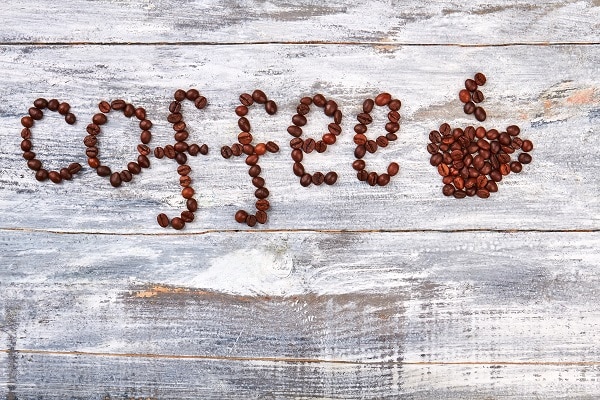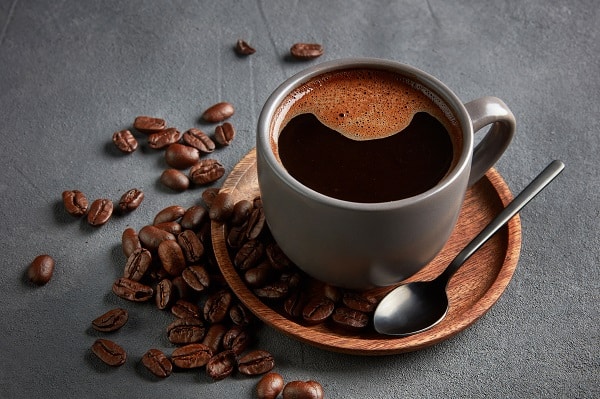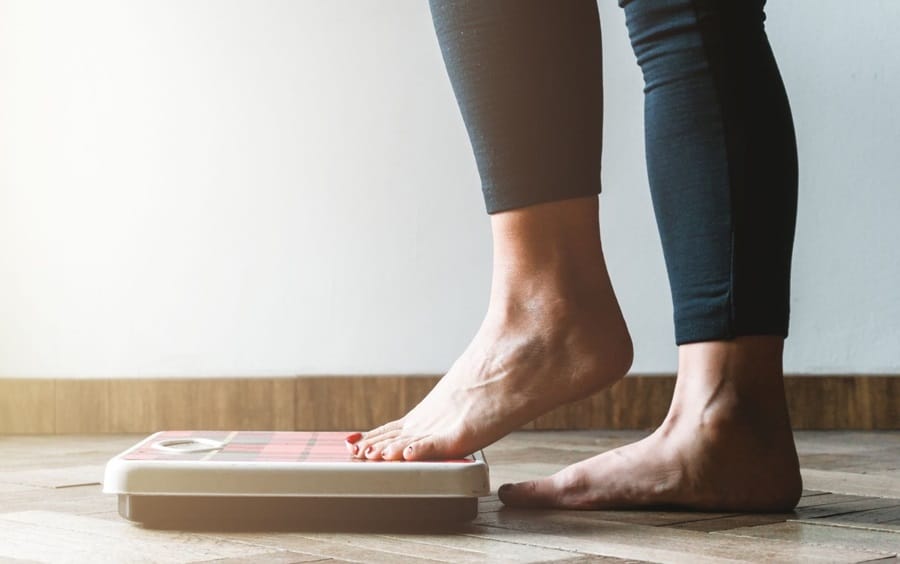Coffee is more than just a morning ritual; it’s a daily companion for millions worldwide. The beverage has been scrutinized for its health impacts, ranging from its effect on heart health to its influence on mental alertness. One area that has garnered significant attention is the relationship between coffee and weight loss. While some swear by coffee as a weight-loss aid, others caution against its consumption, citing potential negative impacts. This article aims to dissect the complex relationship between coffee and weight loss, examining the science behind the claims and counterclaims. From metabolism and appetite suppression to the caloric dangers of specialty coffees, this comprehensive guide will delve into how coffee can either aid or hinder your weight loss journey.
The Basics Of Weight Loss

Understanding weight loss requires grasping some fundamental principles: calorie deficit, metabolism, and exercise. A calorie deficit occurs when the body burns more calories than it consumes, leading to weight loss. Metabolism is the rate at which the body converts food into energy, and exercise is the intentional physical activity to burn calories. These three elements are interconnected, and a change in one can influence the others. For instance, a faster metabolism can make it easier to create a calorie deficit, which in turn can make exercise more effective.
Various factors can influence these basic principles of weight loss, including diet, lifestyle, and even the beverages one consumes. Beverages can add hidden calories to one’s diet, slow metabolism due to high sugar content, or even affect one’s motivation to exercise. This brings us to coffee, a beverage consumed by millions daily. Could your morning cup of joe be affecting your weight loss efforts? Let’s delve into the specifics.
The Nutritional Components Of Coffee

Coffee is a complex beverage with various nutritional components. A standard cup contains negligible calories, significant caffeine, and trace amounts of other nutrients like antioxidants. Caffeine is a central nervous system stimulant that temporarily prevents drowsiness and restores alertness. While coffee is low in calories, the additives like sugar and cream can quickly turn it into a high-calorie beverage. Therefore, it’s crucial to consider the coffee and what goes into it when evaluating its impact on weight loss.
The nutritional components of coffee can have both direct and indirect effects on weight. For instance, caffeine can influence metabolism and energy levels, which are crucial factors in weight loss. On the other hand, high-calorie additives can negate any potential weight loss benefits. As we explore the specific impacts of coffee on weight loss, it’s essential to keep these nutritional facts in mind.
Coffee And Metabolism

Metabolism is the biochemical process by which the body converts what you eat and drink into energy. During this complex process, calories in food and beverages are combined with oxygen to release the energy required for bodily functions. A faster metabolism will burn more calories, making losing weight and keeping it off easier. Several studies have shown that caffeine can increase metabolic rate by 3–11%, aiding in weight loss.
However, it’s essential to note that not everyone responds to caffeine similarly. Some individuals may experience a significant metabolic boost, while others may see little to no change. Additionally, the metabolic boost from caffeine is often short-lived, lasting only a few hours. Therefore, while coffee can give your metabolism a slight edge, it’s not a substitute for a balanced diet and regular exercise.
Coffee And Appetite Suppression

One of the lesser-known effects of coffee is its potential role as an appetite suppressant. Caffeine, the primary psychoactive substance in coffee, has been shown to reduce feelings of hunger for a short period. This could benefit those looking to create a calorie deficit, as reduced hunger could lead to lower food intake. Some studies suggest that other compounds in coffee, such as chlorogenic acid, may also contribute to appetite suppression, although the evidence is not as robust.
However, it’s crucial to approach this information with caution. While some studies support that coffee can suppress appetite, the effect is modest and short-lived. Moreover, individual responses to caffeine can vary, meaning that not everyone will experience reduced hunger after consuming coffee. Therefore, while coffee may help some people eat less, it’s not a reliable or long-term solution for weight management.
Coffee And Physical Performance

Caffeine is a common ingredient in many pre-workout supplements and for a good reason. It has been shown to improve physical performance by increasing adrenaline levels, which prepares the body for intense physical exertion. This boost can make your workout more effective, helping you burn more calories and, in turn, potentially aiding in weight loss. Some studies have shown that caffeine can improve physical performance by 11–12%.
However, it’s important to note that excessive caffeine consumption can lead to negative side effects like jitteriness, increased heart rate, and digestive issues. These side effects could potentially hinder your workout performance rather than enhance it. Therefore, if you’re considering using coffee to boost your physical performance, finding a balance that works for you and consulting a healthcare provider for personalized advice is essential.
The Caloric Dangers Of Specialty Coffees

While black coffee contains almost no calories, the same cannot be said for the many specialty coffee drinks available today. Beverages like lattes, cappuccinos, and mochas can contain high sugar and fat levels, turning your coffee treat into a calorie bomb. These high-calorie drinks can easily sabotage weight loss efforts, negating the potential benefits a simple cup of black coffee could offer.
If you’re a fan of specialty coffees but are also trying to lose weight, all is not lost. Many coffee shops offer lower-calorie versions of popular drinks, using skim milk or sugar-free syrups. Alternatively, you can make specialty coffees at home, with complete control over the ingredients. The key is to be mindful of what goes into your coffee cup.
Coffee And Hydration

A common myth surrounding coffee is that it acts as a diuretic, leading to dehydration. Dehydration can slow down metabolism and make weight loss more challenging. However, current research suggests that the diuretic effect of coffee is generally minimal and that moderate coffee consumption does not significantly affect hydration status.
That said, it’s essential to maintain proper hydration for optimal metabolic function and overall health. If you’re concerned about hydration, consider balancing your coffee consumption with water or other hydrating beverages. This will help ensure your coffee habit does not negatively impact your weight loss efforts.
How To Incorporate Coffee Into A Weight Loss Plan

If you’re a coffee lover looking to lose weight, there are several ways to incorporate this beloved beverage into your weight loss plan effectively. First, consider sticking to black coffee or using low-calorie additives. This will allow you to enjoy the potential metabolic benefits of coffee without the extra calories. Timing is also crucial; having a cup of coffee before a workout can maximize its performance-enhancing benefits.
However, it’s essential to remember that coffee is not a magic bullet for weight loss. While it can offer some advantages, such as a slight boost in metabolism and improved workout performance, it should be part of a broader weight loss strategy that includes a balanced diet and regular exercise. Always consult a healthcare provider for personalized advice tailored to your individual needs.
The Bottom Line
The relationship between coffee and weight loss is complex and influenced by various factors, including metabolism, appetite, physical performance, and even the type of coffee you choose. While coffee can offer some benefits, such as a modest increase in metabolism and improved physical performance, it’s not a standalone solution for weight loss. Specialty coffees laden with sugar and fat can quickly turn this potential ally into a weight-loss foe. As with any dietary change, it’s crucial to approach coffee consumption mindfully and consult a healthcare provider for personalized advice. Whether you’re a coffee aficionado or a casual sipper, understanding the impact of this popular beverage on your weight loss journey can help you make more informed choices, leading to more effective and sustainable results.


